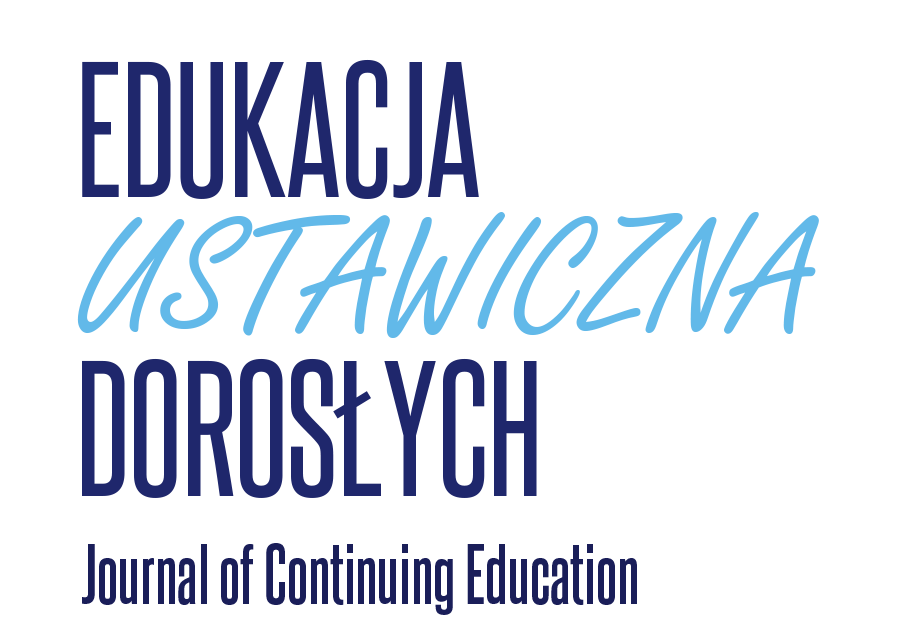Teachers’ work experience and their awareness of noise pollution at school ![]()
Staż pracy nauczycieli a ich świadomość zagrożenia hałasem w szkole
DOI: 10.34866/k7q7-dy20
Paweł Religa
ORCID: 0000-0003-1603-6000
Słowa kluczowe: nauczyciel, szkoła, hałas
Key words: teacher, school, noise
Streszczenie: Duża liczba ludzi w ograniczonej przestrzeni, szeroka gama realizowanych aktywności to czynniki, które są prekursorami uciążliwego, a nawet szkodliwego hałasu w szkole. Praca nauczyciela, która wymaga dużej i ciągłej koncentracji, wykonywana w warunkach narażenia na hałas może prowadzić zarówno do rozproszenia czy rozdrażnienia, jak również do różnego rodzaju dolegliwości. Dlatego niezbędne jest podjęcie wszelkiego rodzaju działań minimalizujących wpływ hałasu na pracę nauczyciela. Skuteczność tych działań w dużej mierze zależy od świadomości zagrożenia i jego skutków przez samych nauczycieli. Czy jednak nauczyciele są świadomi występowania narażenia na hałas w szkole i jego skutków? Czy świadomość ta jest wystarczająca do podejmowania działań ograniczających i eliminujących to zagrożenie w tej grupie zawodowej? W artykule podjęto próbę odpowiedzi na powyższe pytania na podstawie analizy wyników badań ankietowych przeprowadzonych wśród nauczycieli radomskich szkół podstawowych oraz w kontekście stażu pracy nauczyciela.
Abstract: A large number of people in a limited space, a wide range of activities are the factors that are the precursors of onerous and even harmful noise at school. The work of a teacher, which requires high and constant concentration, performed in conditions of exposure to noise, can lead to both distraction and annoyance, as well as to various types of ailments. In such a situation, it is necessary to take all kinds of activities to minimize the impact of noise on the teacher. The effectiveness of these activities largely depends on the awareness of the threat and its effects by the teachers themselves. However, are teachers aware of noise exposure at school and its effects? Is this awareness sufficient to take actions limiting and eliminating this threat in this occupational group? The work, based on the analysis of the results of the survey conducted among teachers of primary schools in Radom, attempts to answer the above questions in the context of the teacher’s work experience.

